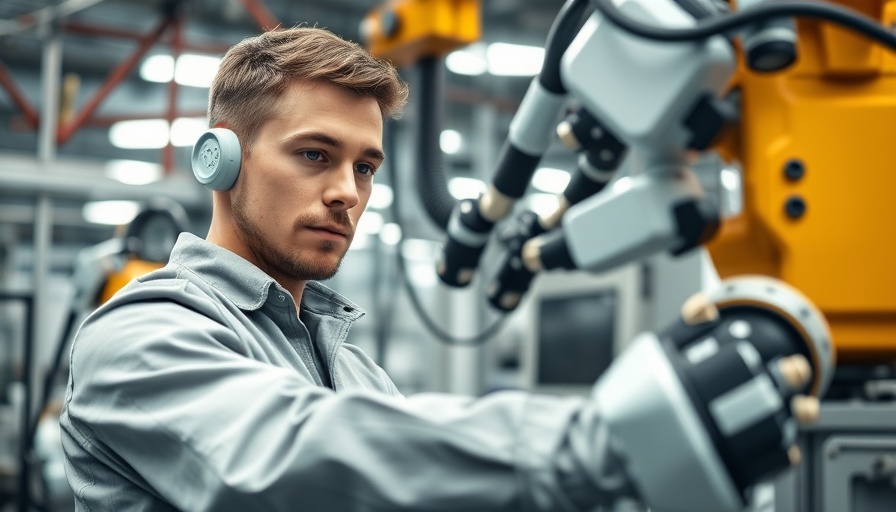
The Industrial Metaverse: A New Frontier in Manufacturing
Forget the failed visions of a consumer-centric metaverse where you attend meetings via avatars or play games with friends across the globe. The real potential of the metaverse is being unlocked within the manufacturing sector, where it offers tangible benefits to companies globally. As industries pivot towards digital solutions, the 'industrial metaverse' stands out as a pivotal force that bridges the physical and digital realms in critical ways.
Why Manufacturing Is Leading the Charge
Brands like BMW are using the industrial metaverse to simulate production processes, allowing engineers to identify potential issues long before machinery is operated. This method of utilizing 3D models and digital twins significantly reduces costs and time associated with traditional testing methods. Instead of pushing physical prototypes through production lines, engineers can visualize and manipulate virtual models in a risk-free environment.
A Glimpse into the Future of Work in Manufacturing
As more companies adopt platforms like Nvidia’s Omniverse, the manufacturing industry is expected to see explosive growth within the industrial metaverse. By 2030, this sector alone is projected to be worth around $100 billion globally, a clear indication of how essential digital tools are becoming in modern manufacturing.
Real-World Applications That Show Promise
It's not just about theoretical benefits; companies like Lowe’s and Amazon are already leveraging these advancements. Lowe’s utilizes digital twins for store layouts, while Amazon trains robots in virtual environments before introducing them into real warehouses. This hands-on approach ensures that businesses can achieve operational efficiency by integrating advancements in spatial computing into their daily practices.
The Need for Adaptation
The industrial metaverse isn't merely a trend; it's an evolution that poses new questions regarding workforce adaptations and skill requirements. As manufacturers transition to these advanced digital frameworks, employees must be equipped with new skills to navigate and thrive in this upgraded workspace.
Ultimately, while some dreams associated with the consumer metaverse may fade, the industrial application stands strong, redefining processes and establishing a new benchmark for how companies operate. Manufacturers are set to lead the charge in making this convergence of technologies not just a dream, but a vital component of their operational success.
 Add Row
Add Row  Add
Add 
 Add Element
Add Element 

Write A Comment